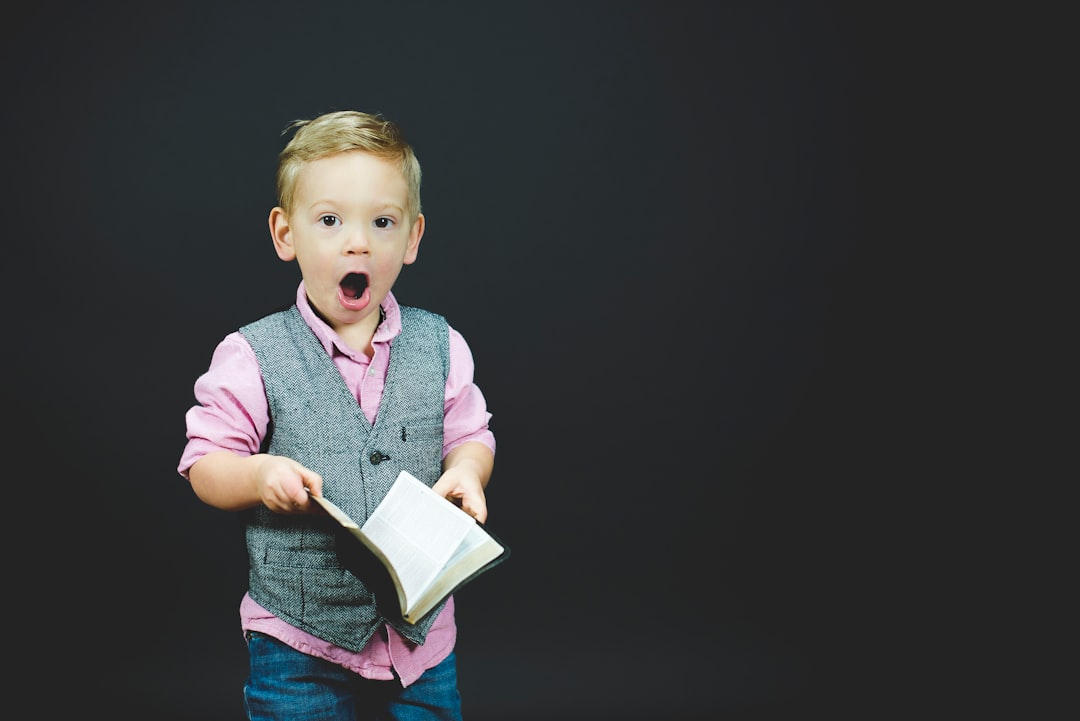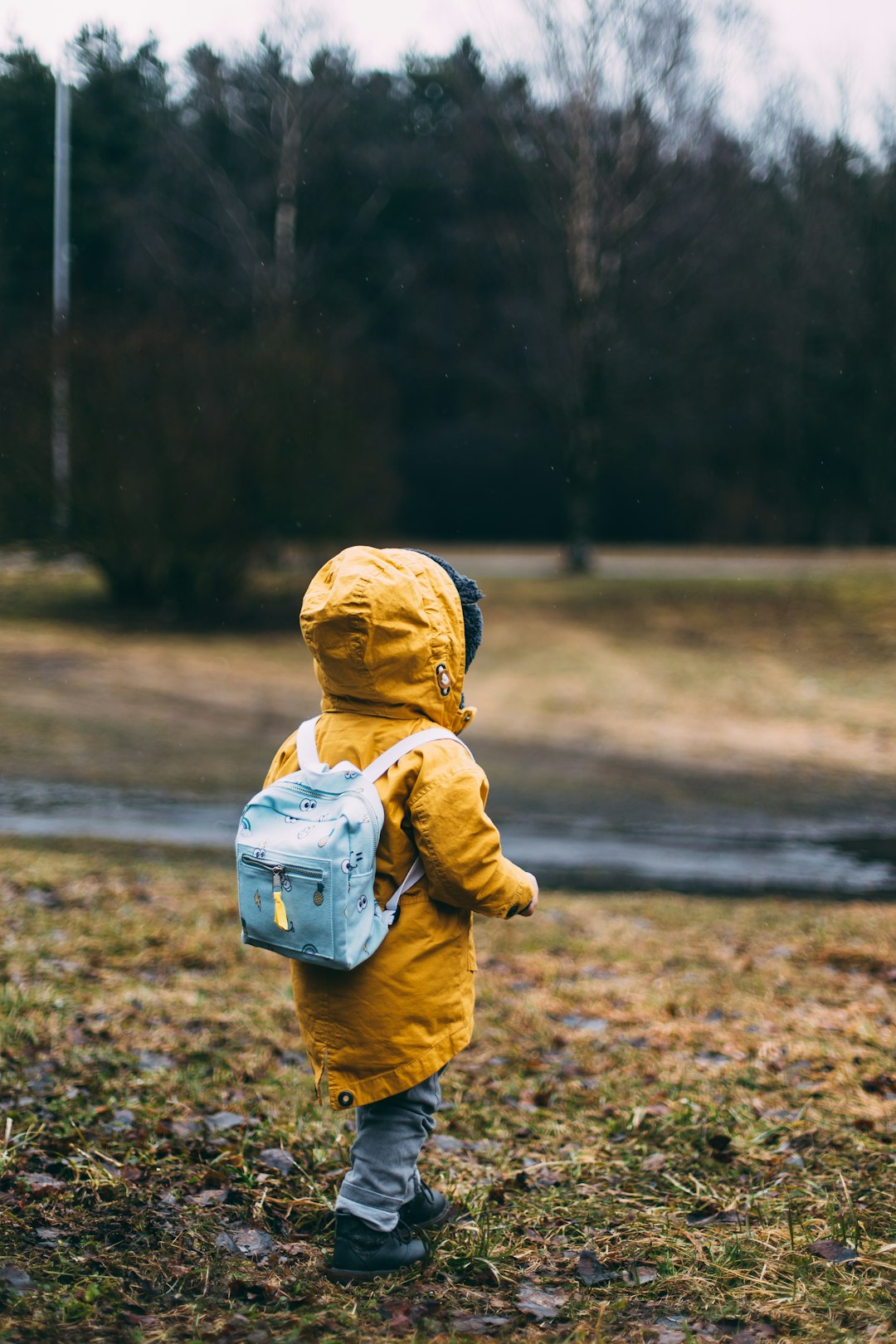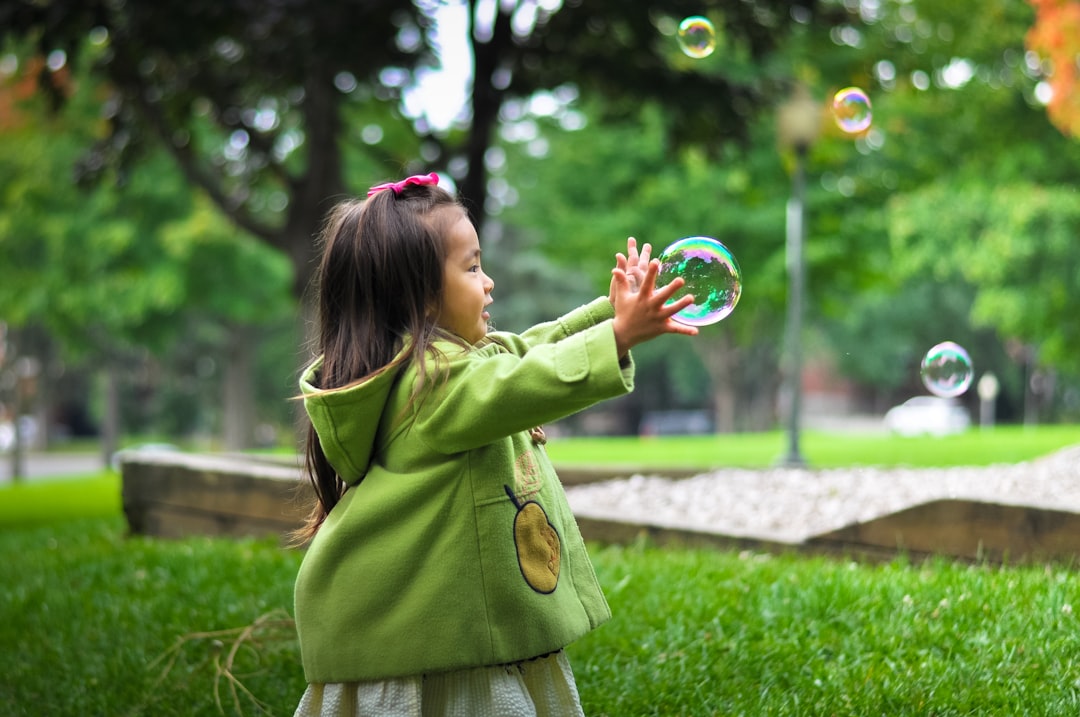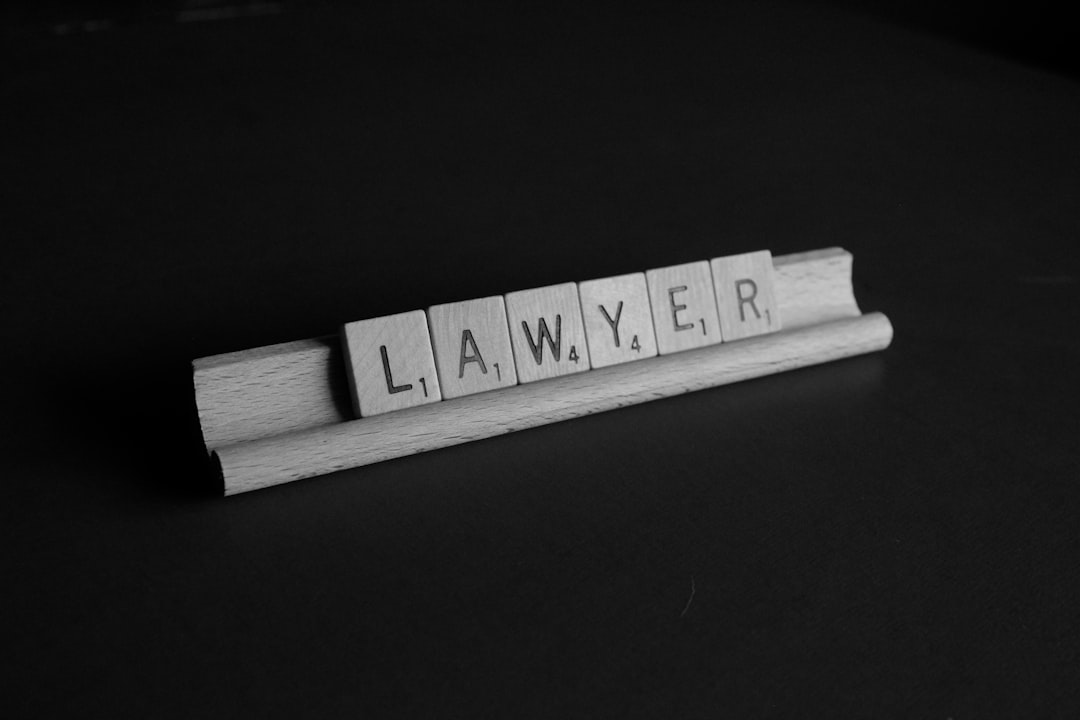In Illinois, where strong family laws exist to protect children, a specialized child abuse lawyer plays a pivotal role in advocating for victims. Understanding the intricate child abuse laws and navigating the complex legal process can be daunting, especially for families dealing with this traumatic experience. This comprehensive guide explores the crucial role of a family attorney specializing in child abuse, outlining the legal process, rights, and resources available to survivors and their families.
Understanding Child Abuse Laws in Illinois

In Illinois, child abuse laws are designed to protect minors and hold accountable anyone who inflicts harm or neglects a child. A child abuse lawyer in Illinois plays a crucial role in navigating these complex legal systems. They specialize in understanding the state’s definitions of child abuse, which include physical, emotional, sexual, and developmental harm, as well as neglect.
These attorneys are equipped to represent victims of child abuse, ensuring their rights are protected and that perpetrators face justice. Illinois has strict laws in place to combat child abuse, with penalties ranging from fines to imprisonment, depending on the severity of the offense. A qualified child abuse lawyer in Illinois guides clients through every step of the legal process, offering expert advice tailored to their unique circumstances.
The Role of a Family Attorney Specializing in Child Abuse

A family attorney specializing in child abuse plays a crucial role in protecting vulnerable children and holding accountable those who inflict harm. In Illinois, where stringent laws exist to safeguard minors, such lawyers are adept at navigating complex legal systems to ensure justice for abused children. They work tirelessly to gather evidence, interview witnesses, and build robust cases that can lead to the removal of abusive parents or guardians from a child’s life.
These attorneys also provide essential support and guidance to families affected by child abuse. They offer legal counsel, helping clients understand their rights and options while offering emotional support during this traumatic time. Many Illinois family lawyers specializing in child abuse are passionate about advocating for children’s rights and making a tangible difference in their lives, often working pro bono or with reduced fees to ensure access to justice for all families.
Legal Process and Rights for Victims and Families
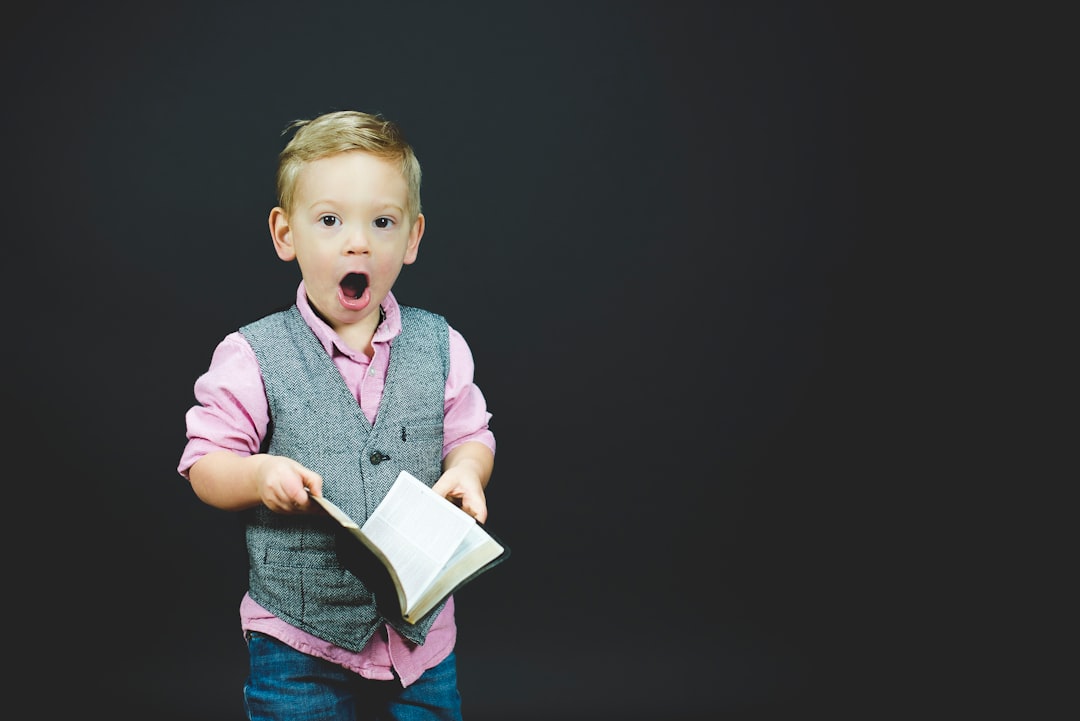
When a family is affected by child abuse, it’s crucial to understand the legal process and rights available. In Illinois, a child abuse lawyer plays a vital role in navigating this complex landscape. They provide legal counsel and representation for victims and their families, ensuring their rights are protected throughout the entire process.
Victims and their families have specific legal rights, including the right to seek justice, receive support services, and access medical care. A skilled child abuse lawyer in Illinois will help them understand these rights and guide them through the necessary steps to pursue a case. This may involve filing a report with local authorities, collaborating with social service agencies, and even initiating legal proceedings against the perpetrator. The goal is not only to hold the abuser accountable but also to provide closure and healing for the victim and their family.
Resources and Support for Survivors of Child Abuse in Illinois
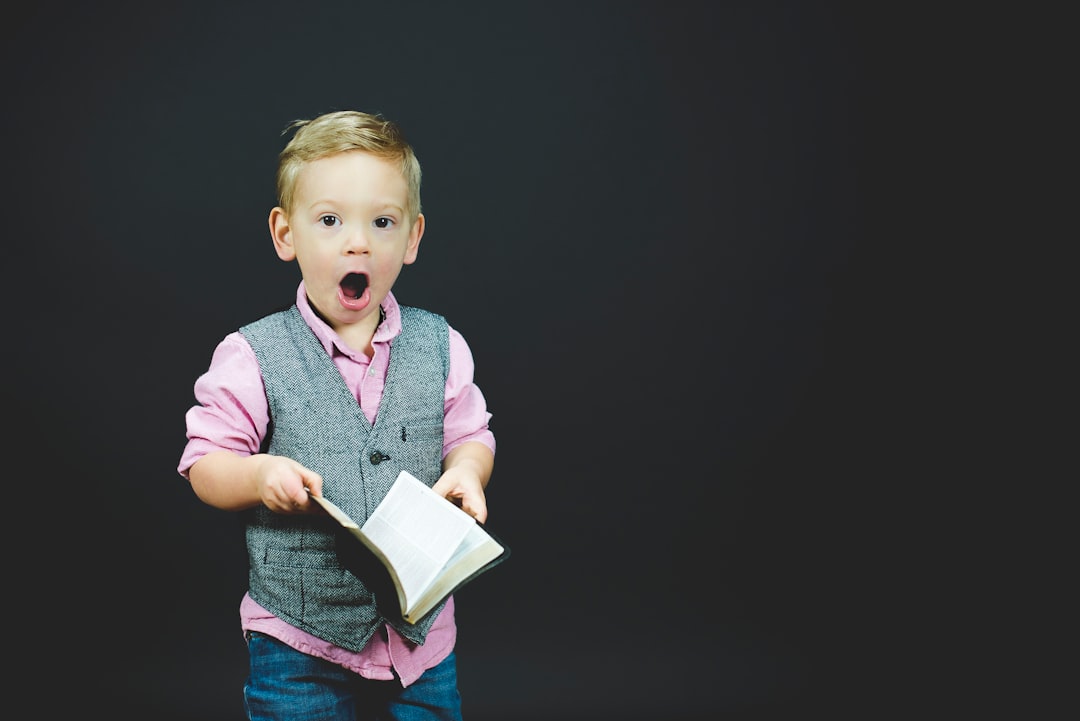
In Illinois, survivors of child abuse can access numerous resources and support systems tailored to help them heal. One crucial step is connecting with a child abuse lawyer in Illinois. Legal professionals specializing in this field can guide survivors through legal processes, ensuring their rights are protected and providing representation in civil or criminal cases. These attorneys often collaborate with local organizations dedicated to supporting victims, offering comprehensive assistance.
Support services extend beyond legal aid. Illinois has established helplines, shelters, and counseling centers specifically for child abuse survivors. These initiatives provide safe spaces for individuals to share their experiences, receive therapy, and build resilience. Many non-profit organizations also offer educational programs, advocacy campaigns, and community events to raise awareness about child abuse prevention, fostering a culture of safety and support for affected individuals.
